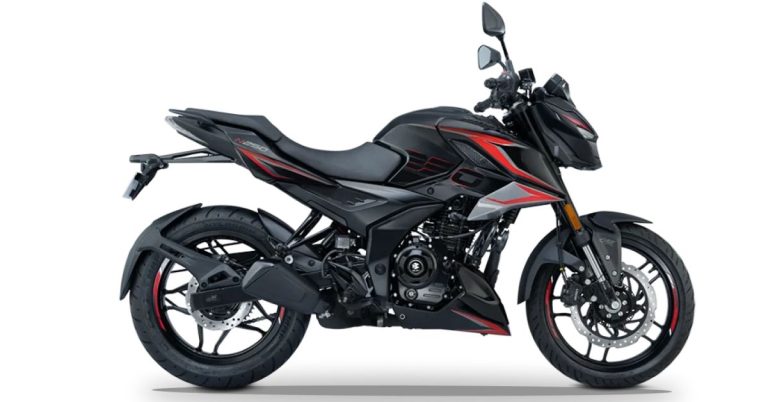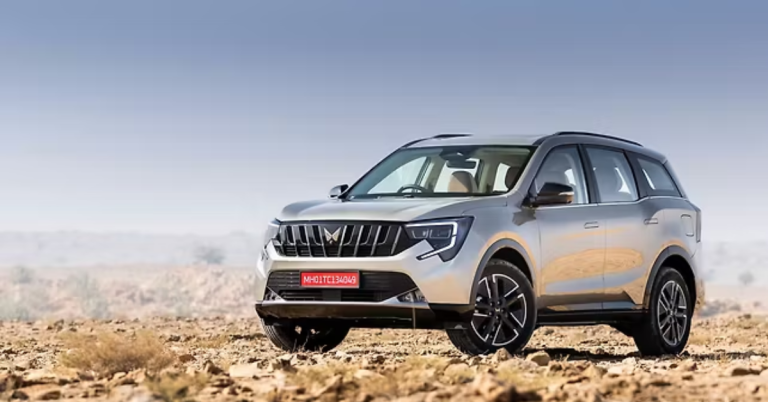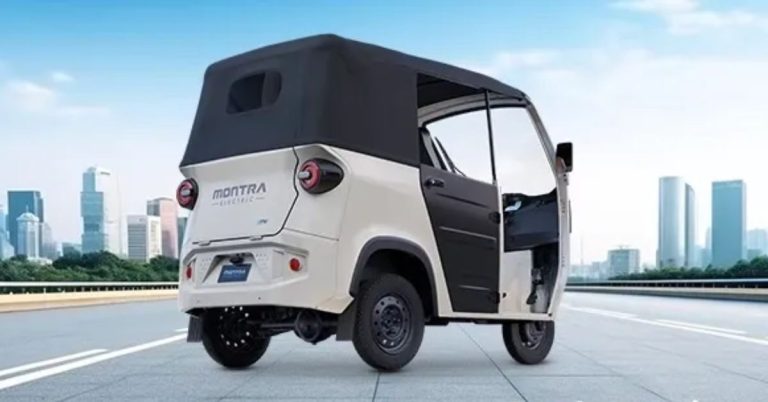
The automotive industry is undergoing one of the most significant transformations in its history. With governments worldwide pushing for electrification, stricter emission norms, and carbon-neutral mobility, most automakers are scaling back or completely phasing out their large-displacement internal combustion engines. Yet, amid this rapid transition, Mercedes-Benz has confirmed that its iconic V12 engine will continue to power its flagship models well into the next decade.
This decision is more than just a technical choice—it is a bold statement about heritage, performance, and the luxury identity of the Mercedes brand. In this blog, we’ll explore the significance of the Mercedes V12 engine, its role in shaping the brand’s legacy, how it fits into the future of luxury mobility, and why Mercedes is committed to keeping it alive even in the age of electric vehicles.
A Brief History of the Mercedes V12
The V12 engine has long been synonymous with prestige, refinement, and ultimate performance. For Mercedes-Benz, this legacy began in 1991 with the debut of the 600 SEL (W140 S-Class), powered by the legendary 6.0-liter M120 V12 engine.
Over the years, the V12 has evolved to become more powerful, refined, and technologically advanced. It has featured in:
- The Mercedes S-Class (luxury sedans)
- The Mercedes-Maybach (ultra-luxury limousines)
- The SL-Class roadsters
- The AMG S65 (performance variants with up to 621 horsepower)
This engine has served as a crown jewel for Mercedes, reserved for only the most exclusive models and buyers seeking ultimate luxury and prestige.
The Significance of the V12 in a Modern Context
In a time when the automotive industry is heavily focused on downsizing engines, turbocharging smaller blocks, and switching to hybrid or all-electric drivetrains, the Mercedes V12 represents something different.
For Mercedes-Benz, it is not just an engine; it’s a symbol of status. The V12 appeals to a very specific customer base: ultra-wealthy clients, often in markets like the Middle East, China, and Europe, where exclusivity is highly valued.
The continuation of this engine means Mercedes is not ready to let go of one of its most powerful brand identity markers, even as it pushes forward with EVs under the EQ brand.
Engineering Excellence: Why the V12 Still Stands Out
Mercedes-Benz has consistently refined the V12 engine to ensure it stays relevant in a stricter regulatory environment.
Key Highlights of the Modern Mercedes V12:
- Power and Performance: Produces over 600 horsepower and 900 Nm of torque, delivering effortless acceleration.
- Refinement: Unlike smaller turbocharged engines, the V12 provides an unmatched smoothness, with near-silent operation and a velvet-like power delivery.
- Prestige Factor: Owning a V12-powered car is about status. It signals exclusivity and appreciation for the pinnacle of engineering.
- Longevity: Continuous updates to meet emission norms mean it can still remain compliant for years to come.
This engineering brilliance ensures that even in a world shifting toward electrification, the V12 maintains its appeal.
Mercedes-Maybach and the Future of the V12
The Mercedes-Maybach S680 is currently the flagship sedan that carries the V12 engine. Marketed as the ultimate expression of luxury, this limousine caters to heads of state, royalty, and elite business leaders.
Mercedes has confirmed that the Maybach lineup will continue offering the V12, ensuring that ultra-luxury clients can still experience the brand’s finest internal combustion powertrain. This decision reflects an understanding that while EVs are the future, traditional luxury customers still demand heritage-driven engineering marvels like the V12.
Balancing Tradition and Innovation
Mercedes-Benz is committed to an electric future, with plans to have an all-electric lineup by the 2030s. However, the continuation of the V12 shows the company’s balanced approach—embracing innovation while honoring tradition.
While EQ models such as the EQS and EQE push technological boundaries with zero emissions, the V12-powered models serve as a reminder of the brand’s historic excellence. It’s a two-pronged strategy: cater to the future without alienating loyal customers who cherish the past.
Global Market Demand
One of the main reasons for the V12’s survival is its strong demand in certain global markets:
- Middle East: Ultra-luxury sedans and SUVs with V12 engines are highly sought after.
- China: Status-oriented buyers value the prestige of owning a V12 Maybach.
- Europe and North America: Collectors and enthusiasts see the V12 as a timeless investment.
Mercedes understands these markets well and knows the V12 will continue to play a role in maintaining brand desirability among the world’s wealthiest customers.
Challenges of Keeping the V12 Alive
Continuing the V12 into the next decade is not without challenges:
- Stricter Emission Regulations: Meeting Euro 7 and other global standards requires constant technological upgrades.
- High Development Costs: Maintaining a low-volume engine like the V12 is expensive.
- Shift Toward EVs: Balancing resources between electrification and traditional engines is tricky.
Yet, Mercedes-Benz is willing to invest in this engine because its brand value outweighs the costs.
The V12 as a Collector’s Dream
As more automakers phase out big engines, the Mercedes V12 is becoming even more desirable. Collectors and enthusiasts view it as a future classic, a piece of automotive history that will gain even more value over time.
The continuation of the V12 means that new generations of collectors will still have the opportunity to own a brand-new example of this engineering marvel.
The Road Ahead
As we move into the 2030s, the Mercedes-Benz lineup will look very different, dominated by electric vehicles under the EQ branding. However, for a select group of customers, the V12 will remain the crown jewel—a reminder that ultimate luxury is not just about being eco-friendly but also about heritage, craftsmanship, and exclusivity.
Mercedes has struck the right balance: moving towards an electric future while keeping one of its most iconic engines alive for those who value tradition.
Final Thoughts
The decision by Mercedes-Benz to continue its V12 engine into the next decade is monumental. It’s a declaration that even in a rapidly electrifying world, there is still room for engines that embody power, refinement, and prestige.
For enthusiasts, collectors, and ultra-luxury buyers, the V12 is more than just an engine—it’s a symbol of timeless excellence. By keeping it alive, Mercedes is ensuring that its legacy remains intact while it continues to innovate for a sustainable future.
The message is clear: Electric is the future, but the V12 is forever.




